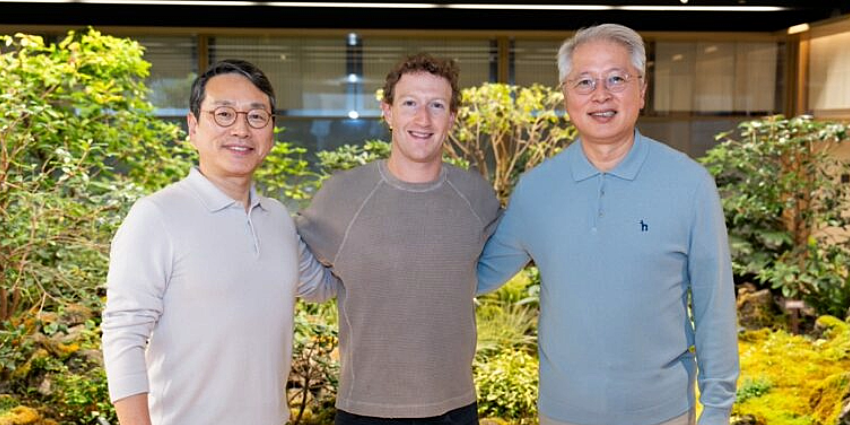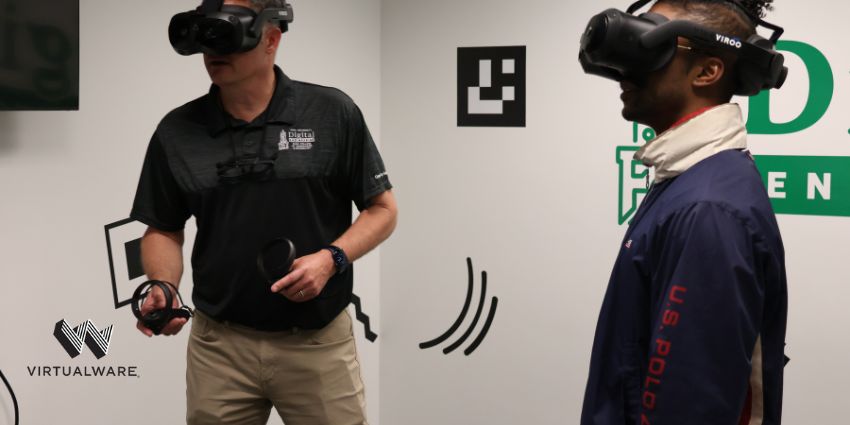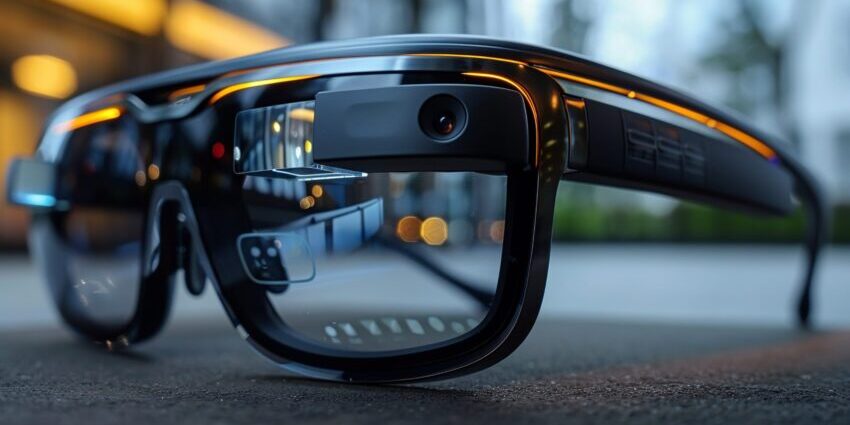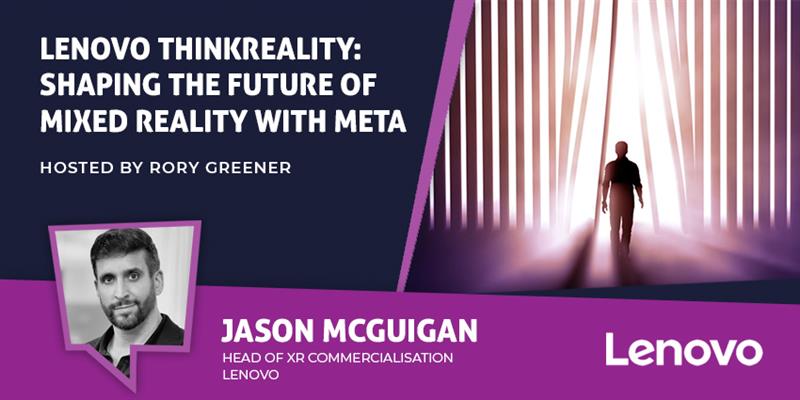Image from LG
LG Electronics has officially closed its XR product division following unproductive partnership talks with Meta, which continues to enjoy ongoing success on several fronts.
A spokesperson for LG said:
Although the development organization under the HE Business Division has disappeared, research and development is being conducted within the CTO division. We decided to delay the commercialization plan and focus on R&D.
Market Context and Increasing Competition
The XR market remains highly competitive despite slower-than-expected growth.
TrendForce estimates that global shipments of VR and MR headsets will reach approximately 9.6 million units in 2024, which is a year-over-year increase of just 8.8%.
Meta currently maintains the dominant position with a reported 73% market share.
While LG steps back from the XR race, Samsung appears to be taking the opposite approach. According to reports, Samsung unveiled its “Infinite” XR device in partnership with Google late last year, along with “Android XR,” a platform supporting headsets and smart glasses.
Why LG May Have Pulled Out
1. Market Growth Concerns
Industry analysts suggest the XR market hasn’t expanded at the pace many tech companies anticipated. The Bell reports that LG is “scaling back its XR business due to slower-than-expected market growth,” with plans to refocus on AI home appliances, HVAC systems, and robotics.
2. Partnership Complications with Meta
The relationship between LG and Meta showed early promise, with Mark Zuckerberg visiting LG’s South Korean headquarters in early 2024. At that time, the two companies announced they had “agreed to jointly develop XR products.”
However, by May 2024, reports emerged suggesting the partnership was “on thin ice,” with insiders claiming LG wasn’t fully committed but rather “controlling its pace.” In June 2024, LG announced a restructuring of its XR product division, an unusual move that suggested internal changes in strategy.
3. Competitive Landscape Shifts
Apple’s entry into the market with Vision Pro reportedly fell short of expectations due to lacking software and content support. This development may have influenced LG’s assessment of the premium XR device market potential.
The Bell further reports that “Meta and LG Electronics clashed over strategic direction during their collaboration,” which apparently contributed to LG’s decision to “put its XR business on hold and focus on other sectors.”
The Meta Partnership
What began with a high-profile meeting between Meta’s Zuckerberg and LG executives William Cho and Park Hyoung-sei has evidently not led to the expected collaboration. While unconfirmed, rumors from as early as 2023 suggested Meta was contracting LG to manufacture a competitor to Apple’s Vision Pro.
Meta has recently announced that it would be rebranding the Quest system software as Horizon OS and partnering with manufacturers including Asus and Lenovo, with no mention of LG.
LG and XR: A Rocky Relationship
LG’s journey in the XR space has been marked by several false starts and limited commercial success.
The company’s first notable XR product was the LG 360 VR headset, released in 2016. Unlike most VR headsets of that era, the LG 360 VR was unusually compact and connected to the LG G5 smartphone via a cable rather than having the phone inserted into the headset itself.
Despite this innovative approach, the device was widely criticized for its uncomfortable design, limited content library, and underwhelming visual experience. The headset was discontinued without a successor.
In early 2017, LG made headlines by announcing a SteamVR-compatible headset at the Game Developers Conference. The prototype featured two 1440 x 1280 OLED displays with a 110-degree field of view and promised to compete with the HTC Vive. However, after initial demonstrations, LG quietly shelved the project without ever bringing it to market, despite Valve’s efforts to expand its SteamVR ecosystem beyond HTC.
Between these earlier attempts and the recent Meta partnership discussions, LG has maintained an intermittent interest in XR technology without establishing a consistent product strategy or market presence.
Looking Forward
While LG has confirmed continued XR research within its CTO division, the company appears to be prioritizing other technology areas in the near term. This strategic shift allows LG to maintain awareness of XR developments while directing resources toward product categories with more immediate market potential.
For the XR industry more broadly, LG’s recalibration highlights the ongoing challenges in achieving mainstream adoption despite significant technology advancements and investment from major players.







